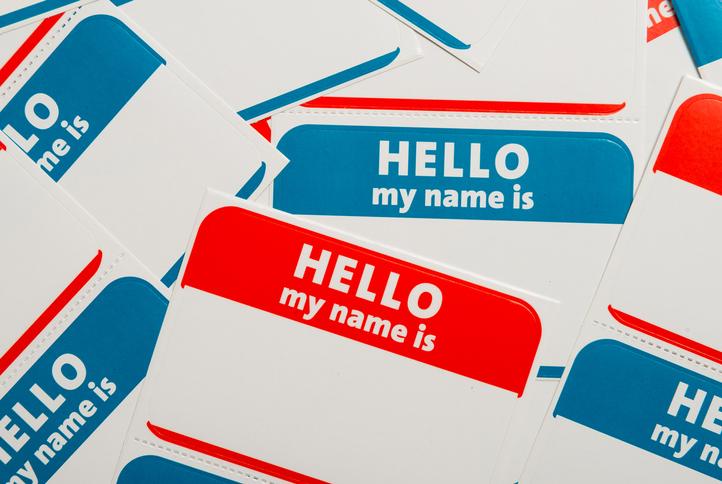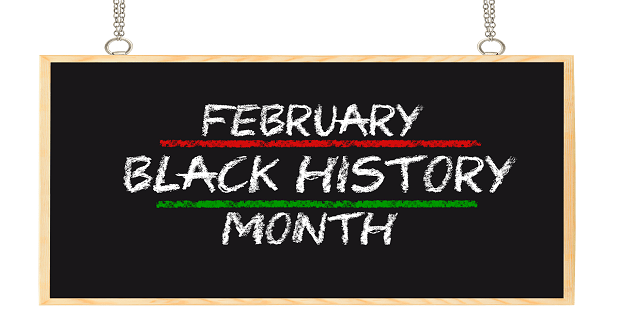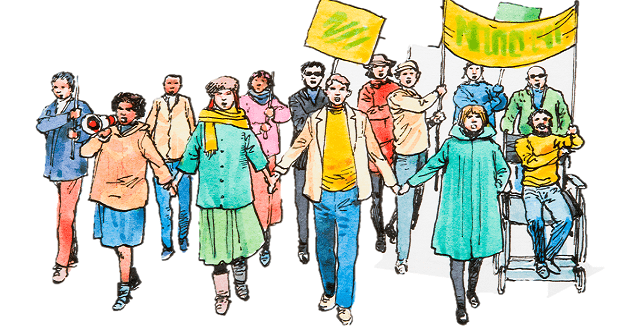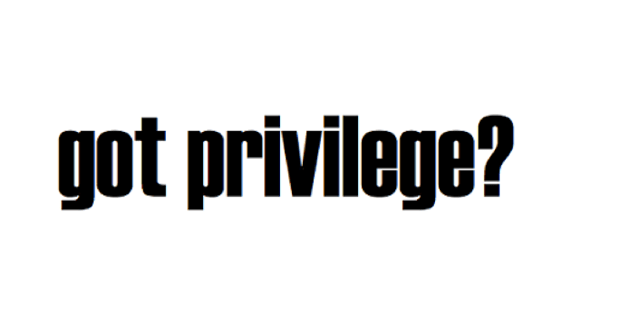
As a young female, I find that I am constantly searching to understand my identity in my friendships, relationship, family, and even workplace. So, when I heard a commercial for an at-home DNA test that could “help answer, once and for all, what it is that makes you, you,” my curiosity finally got the best of me. I swiped my cheek, sent off my saliva, and the search for my identity began.
However, as soon as I clicked to confirm my order, questions began popping into my mind. Would this test really help me identify what makes me, me? Is there a downside to seeing the ins and outs of my DNA? Is my DNA really my identity?
I decided it would be interesting to know the people that make up my family and, ultimately, lead to me. (Plus, I already confirmed the order and spent the money, so I might as well go through with it).
Throughout these weeks of waiting for results, I worried about over-identifying with a new culture simply because of a pie chart. One’s genetic ancestry might be completely different than their cultural identity and having a scientific connection to an ethnicity doesn’t mean one shares those cultural patterns. For someone with the same intense curiosity as myself, this tool could be used for further learning of their ancestry, their known and unknown ethnicities, and their family history that might influence who they are in the future. Those connections can be incredibly formidable, but, if we over-extend that information to assume we have things in common with people outside of our DNA, then we might fail to see the differences that DO matter.
One’s genetic ancestry might be completely different than their cultural identity and having a scientific connection to an ethnicity doesn’t mean one shares those cultural patterns. Click To TweetThe more I thought on these topics, the more I saw different facets of defining identity. What stuck with me the most was that idea of my genetic identity being different from my cultural identity, which I define as my beliefs, values, family, memories, hometown, neighbors – all of these define my place in the world in some way.
Understanding our stories is a powerful part of understanding who we are. We are a combination of our beliefs, values, and experiences, and a DNA test cannot change who we are. I thought back on my life and tried to define my identity in my own words. I relived memories from the back seat of the minivan on family vacations, from having my older sisters walk me into my first day of school, from Mario Kart rematches that nearly ended my relationship with those sisters, and even from my parents’ stories that made their eyes crinkle and cheeks dimple with laughter. I realized that I am who I am because I am part of these things, and through these stories, I appreciate what that means.
Of course, I’m excited to see these results and read the secrets of my DNA. I’ll research the different parts of myself, call my grandparents to confirm or deny, and hopefully make some connections and build relationships. But I also know that a pie chart won’t be able to define my identity for me – that comes from the stories and culture built around me.
But I also know that a pie chart won’t be able to define my identity for me - that comes from the stories and culture built around me. Click To TweetSo, as Lizzo, the current musical icon of the Millennial/Gen-Z generations, said, “I just took a DNA test, turns out…” I define who I am – not my DNA.


















